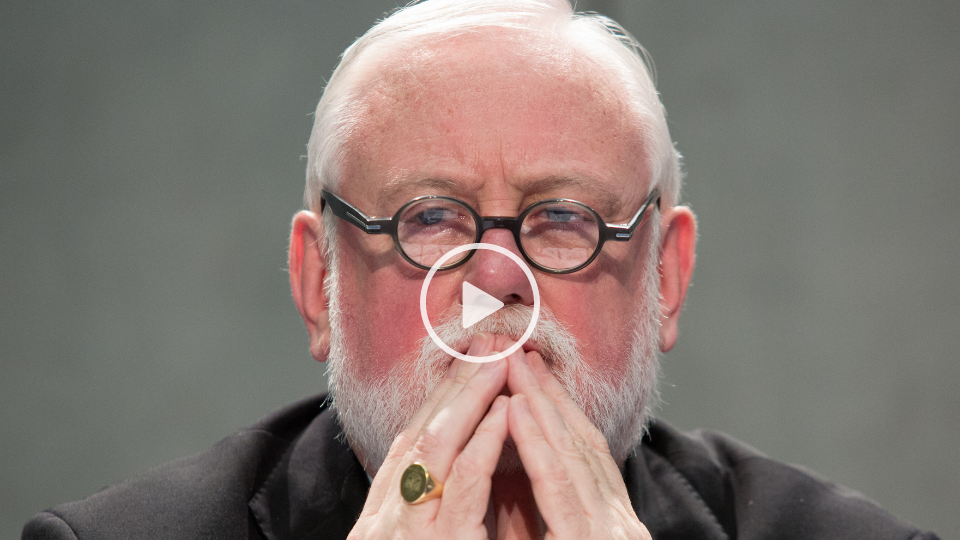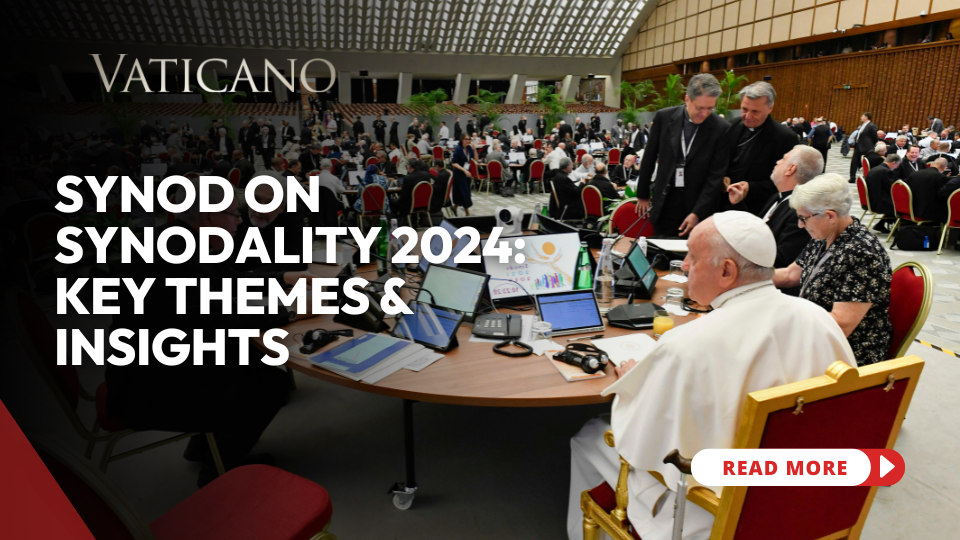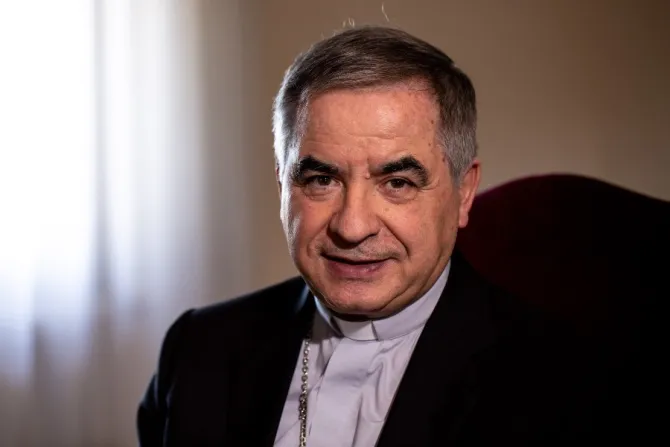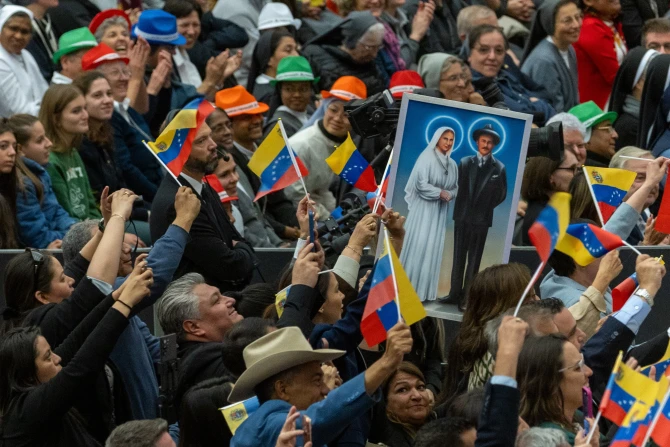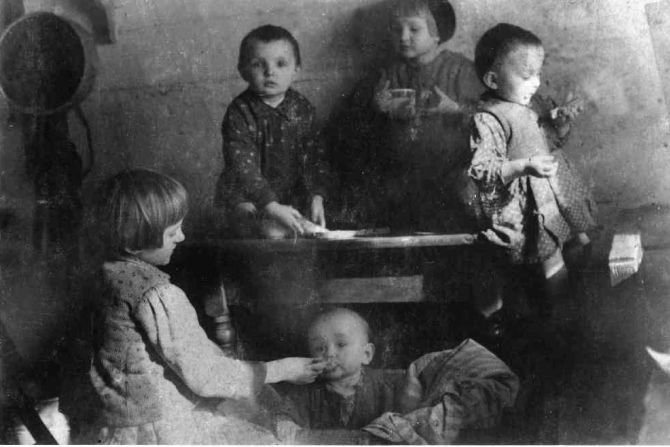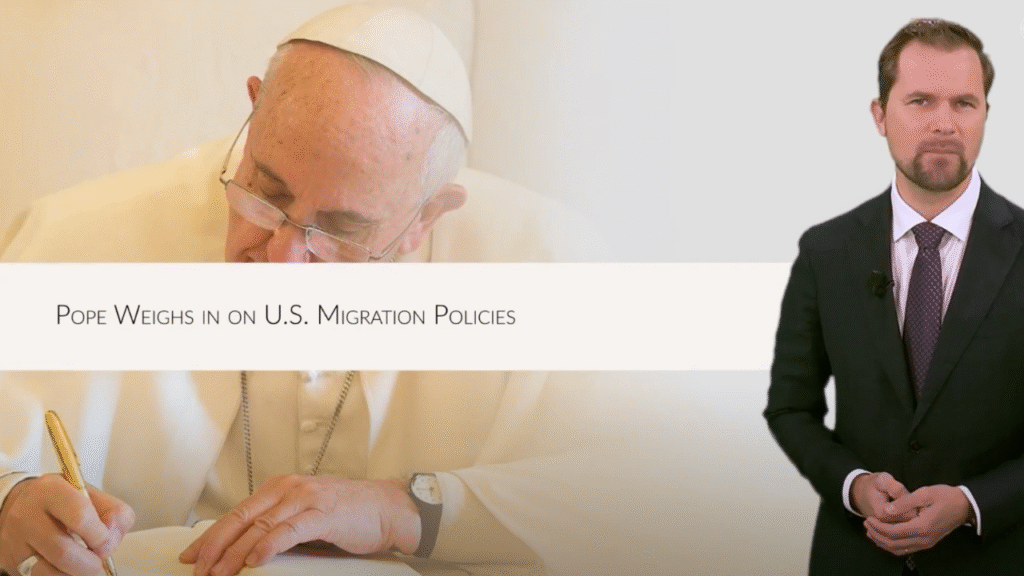In the midst of a mixed international response to the ongoing conflict in Ukraine, the Vatican’s top diplomat, Archbishop Paul Gallagher, spoke about the challenges faced by the Holy See and defended Pope Francis’s diplomatic approach.
Topics discussed included the NATO Summit in Lithuania – which did not propose a timeline for Ukraine’s membership – and the G7 declaration providing long-term security assurances for the country. However, President Biden’s decision to send cluster munitions to Ukraine sparked controversy.
Addressing military personnel and ambassadors at a presentation of a new collection of essays on the war titled “Ukraine Lessons,” Archbishop Gallagher sought to clarify Pope Francis’s diplomatic stance, which had been questioned by some articles in the journal.
“The Pope’s public words and gestures are a given and their interpretation can rightly be given with freedom and discretion. However, interpreting them as empty acts of pacifism and expressions of the theatrical genre of wishful thinking does not do justice to the Holy Father’s vision and intention,” Archbishop Gallagher stated. He went on to emphasize the need for a fair assessment of the Pope’s actions.
The Archbishop expressed his concern over certain references to the Holy Father’s position on the war, stating that representing the truth is their first duty. While acknowledging that some Ukrainians, including religious representatives and government authorities, have been disappointed by certain statements made by Pope Francis during the conflict, Archbishop Gallagher clarified that the Holy See does not turn a blind eye to the war crimes committed by the Russian army. He stressed that the Holy See does not aim to equate the victim country, Ukraine, with the aggressor.
Notably, the Holy See’s decision to maintain an apostolic nunciature in Kyiv underscores its commitment to Christian solidarity and its closeness to the suffering Ukrainian people. This gesture reflects the Holy Father’s embrace of the Ukrainian people, which has been further communicated through several pastoral visits by Cardinals to Ukraine, including Cardinal Zuppi’s visit to both Kyiv and Moscow last month.

